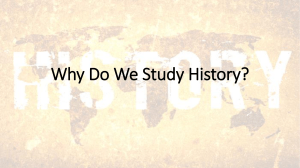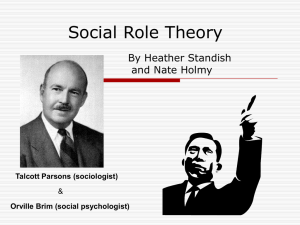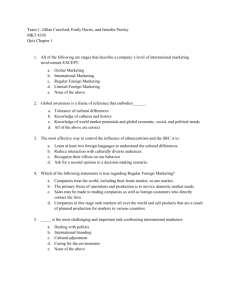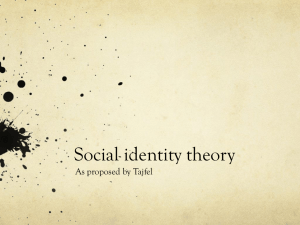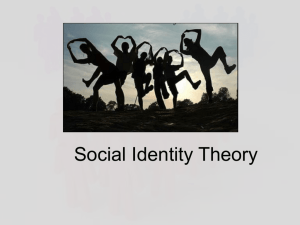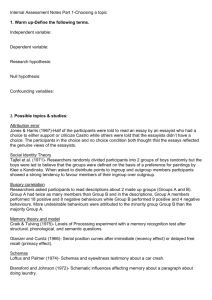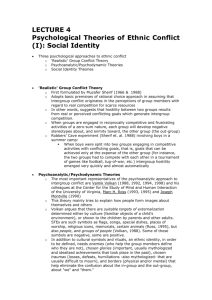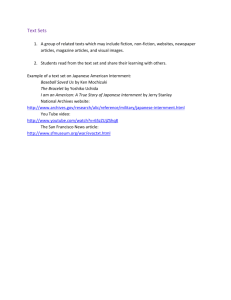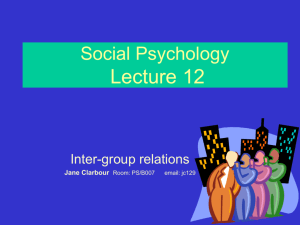Blast Conflict in Communities
advertisement
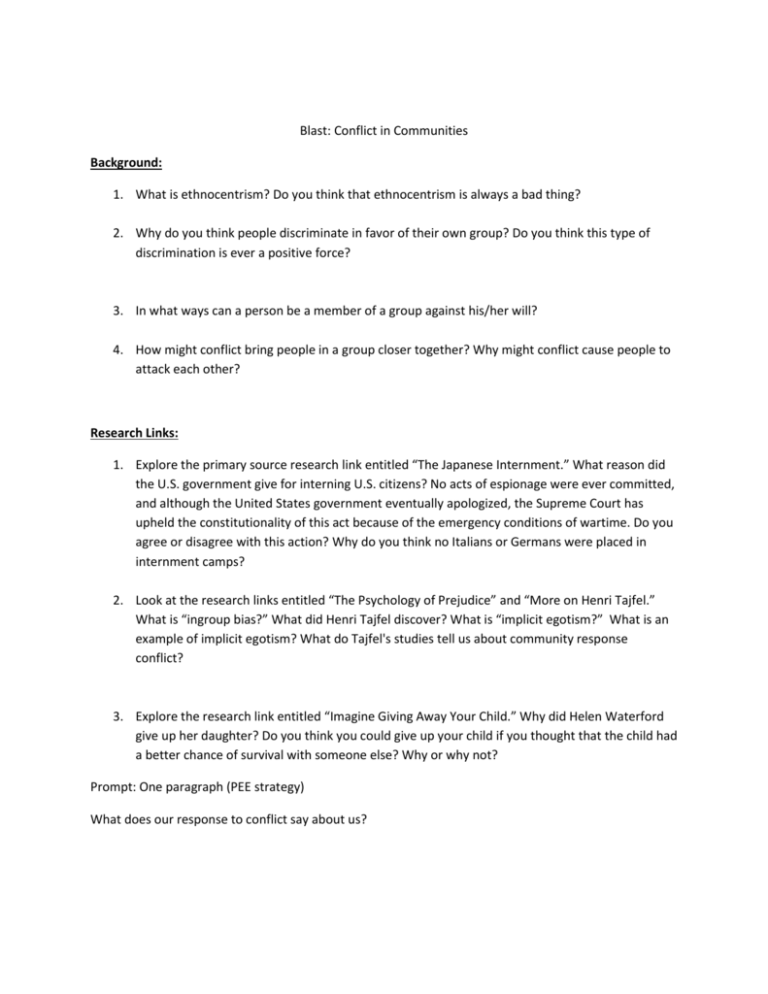
Blast: Conflict in Communities Background: 1. What is ethnocentrism? Do you think that ethnocentrism is always a bad thing? 2. Why do you think people discriminate in favor of their own group? Do you think this type of discrimination is ever a positive force? 3. In what ways can a person be a member of a group against his/her will? 4. How might conflict bring people in a group closer together? Why might conflict cause people to attack each other? Research Links: 1. Explore the primary source research link entitled “The Japanese Internment.” What reason did the U.S. government give for interning U.S. citizens? No acts of espionage were ever committed, and although the United States government eventually apologized, the Supreme Court has upheld the constitutionality of this act because of the emergency conditions of wartime. Do you agree or disagree with this action? Why do you think no Italians or Germans were placed in internment camps? 2. Look at the research links entitled “The Psychology of Prejudice” and “More on Henri Tajfel.” What is “ingroup bias?” What did Henri Tajfel discover? What is “implicit egotism?” What is an example of implicit egotism? What do Tajfel's studies tell us about community response conflict? 3. Explore the research link entitled “Imagine Giving Away Your Child.” Why did Helen Waterford give up her daughter? Do you think you could give up your child if you thought that the child had a better chance of survival with someone else? Why or why not? Prompt: One paragraph (PEE strategy) What does our response to conflict say about us?
